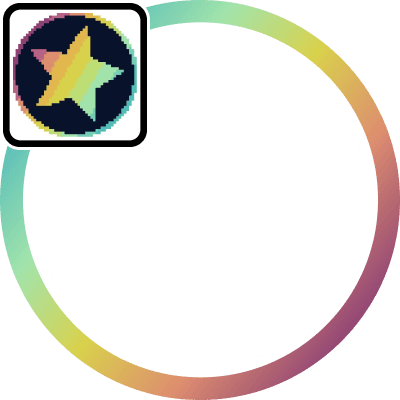OpenSea, founded in 2017, has rapidly evolved to become the world’s largest peer-to-peer marketplace for non-fungible tokens (NFTs). Its decentralized platform facilitates the buying, selling, and trading of a vast array of digital assets, making it a cornerstone in the burgeoning NFT ecosystem.
Historical Context
OpenSea’s inception in 2017 was timely, coinciding with the early stages of the NFT boom. As one of the pioneering platforms in the space, it has witnessed and contributed to the meteoric rise of NFTs, from niche digital collectibles to mainstream assets with multi-million dollar valuations.
Technical Infrastructure
Blockchain Foundations
Initially built on the Ethereum blockchain




![Let’s Get These AIRDROPS [$SEA, $JUP, $LINEA, more…]](/_next/image?url=https%3A%2F%2Fimg.youtube.com%2Fvi%2FQx2l7RskSmQ%2Fhqdefault.jpg&w=1024&q=75)

